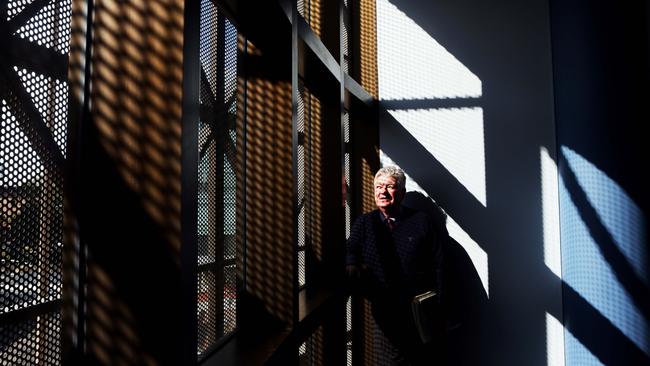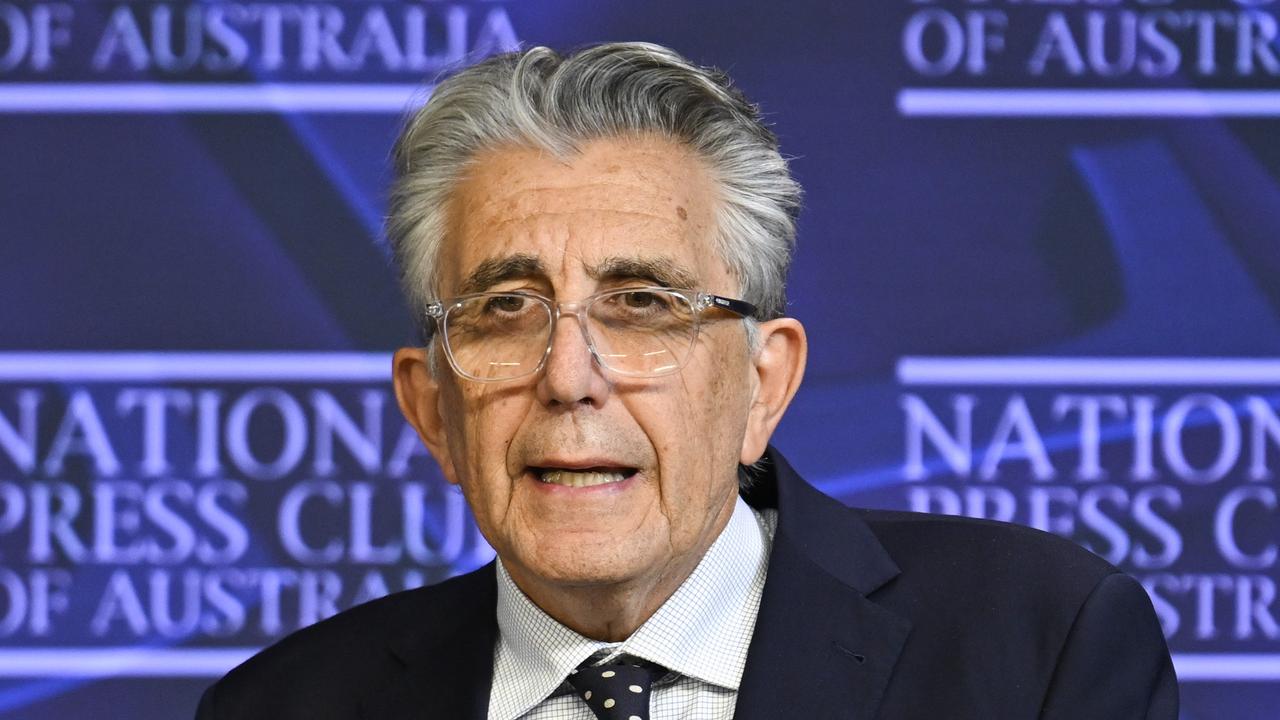In family law, talk beats court
IN 2011, Paul Bell gave up his private practice to run a mediation pilot for Legal Aid NSW at the family law courts at Parramatta.

PAUL Bell has been a family lawyer for 36 years. But these days he draws as much on his university studies of Henry Kissinger’s shuttle diplomacy in the Middle East as the Family Law Act.
In 2011, Mr Bell gave up his private practice to run a mediation pilot for Legal Aid NSW at the family law courts at Parramatta, in Sydney’s west.
The scheme — known as the Court Ordered Mediation Program — has been helping divert Legal Aid clients from the court system and the results so far have been impressive.
In 2013-14, Mr Bell conducted 264 family mediations, or about two a day, with a settlement rate of 93 per cent.
Mr Bell combines straight- shooting with long years of family law experience. He sets up litigants in separate rooms on level three of the court building and shuttles between them. If one side is gunning for an outcome that has limited prospects of success, he helps them see reason.
He also urges couples to reach a compromise so they can take ownership of their decision.
“I always say to them, ‘You either fix it here or you go downstairs and what you want to happen to your children will be taken out of your hands,’ ” he said. Mr Bell said he believed one of the secrets to the scheme’s success was that litigants believed it had the court’s imprimatur. The parties were ordered to see him by a judge and the mediation was conducted inside the court building.
“People think I’m part of the court, that’s why it works so well here,” he said. “It’s the perception — the court has said I’m going to adjourn this matter and you go and see Mr Bell upstairs, and they think: ‘Well, he must have some power.’ ”
The initiative was the brainchild of Legal Aid NSW’s executive director of family law, Kylie Beckhouse, who noticed that some cases were entering the court system without any involvement of lawyers or mediators. These cases were a drain on Legal Aid and court resources.
“There was no one who had tried to reality-test or manage the parties,” she said. “By the time they were seeking grants of Legal Aid they were quite hostile and their dispute had become entrenched.”
Since 2007, couples have had to attend compulsory mediation before filing an application for parenting orders. But, in urgent cases, for example, if a child has not been returned or cannot be located, parents can file an application without having attended mediation. Others slip through in other ways.
“If someone turns up at court with a terribly urgent matter ... once the urgency has been taken out of the situation, the matter is still in the court list, it doesn’t go away,” Ms Beckhouse said.
“It’s quite appropriate for a Legal Aid body to say, ‘Before we are going to fund you long-term, we want you to mediate.’ It allows us to administer our funds more appropriately.”
Legal Aid calculates Mr Bell saved 355 days of court time at Parramatta last year. Of the litigants referred to him, 87 per cent had never attempted any form of mediation. In just four hours, 51 per cent were fully resolved and a further 30 per cent of couples reached an interim agreement to resolve an immediate issue such as the return of a child. Another 12 per cent reached a partial agreement, narrowing the issues in dispute. Only 7 per cent of cases reached no agreement at all.
Statistics for the past three years have been so successful Legal Aid is to expand the scheme to the Sydney registry of the family law courts, three days a week.


